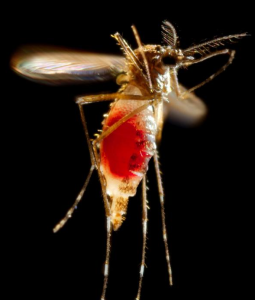Last week, the Taiwan Ministry of Health and Welfare (MOHW) and the Environmental Protection Agency (EPA) convened this year’s third “Dengue Epidemic Coordination and Management Meeting”, which was co-hosted by the Deputy Minister of MOHW Lin Tzou-yen and the Deputy Minister of EPA Chang Tzi-chin. In addition to representatives from related central government agencies and local governments, 15 dengue experts were invited to attend the meeting to help formulate effective response measures to the ongoing dengue outbreaks.

This comes as Taiwan reports another 1,000+ dengue fever cases, bringing the country total to 13,030, up from 11,953 cases one week prior.
In addition, an additional dengue hemorrhagic fever fatality was reported, bring that total to 16.
Officials note that it is not only Taiwan seeing increased numbers of dengue fever this year in Asia. The Taiwan CDC reports, during January and September, 2014, over 40,000 dengue cases were reported in China, which is 7 times more than that during the same period last year. Other countries in southeast Asia, including Singapore, also reported several times more dengue cases this year. Hong Kong also reported three locally acquired dengue cases since the last indigenous case that occurred years ago. Thus far, about 160 cases have been reported in the first local dengue outbreak seen in Tokyo in almost 70 years. With increased dengue incidence and increased severity of dengue outbreaks as a global phenomenon, the frequency of large-scale dengue outbreaks in Taiwan will likely increase.
One of the consensuses reached during the meeting is the establishment of a Dengue Virus Research Center to bring together experts in various fields, including epidemiologists, clinicians, and vector control specialists to work on developing or introducing latest dengue control methods and technologies in order to more effectively control dengue.
Taiwan CDC stresses that everyone needs to participate in dengue control efforts in order to successfully contain the outbreaks and urges the public to stay vigilant against dengue fever and take necessary measures such as draining water containers and cleaning up vector breeding sites around their residences as well as preventing mosquito bites to effectively prevent the spread of dengue fever and dengue hemorrhagic fever and protect their health and the health of their family.
For more infectious disease news and information, visit and “like” the Infectious Disease News Facebook page

